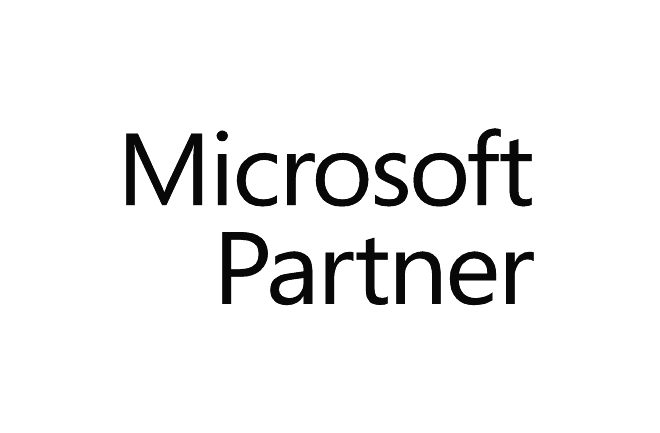Course outline
Reference : AZ-104T00 Duration : 4 days
| ||
This course teaches IT Professionals how to manage their Azure subscriptions, secure identities, administer the infrastructure, configure virtual networking, connect Azure and on-premises sites, manage network traffic, implement storage solutions, create and scale virtual machines, implement web apps and containers, back up and share data, and monitor your solution. Training(s) to go further: | |
Audience | This course is for Azure Administrators. The Azure Administrator implements, manages, and monitors identity, governance, storage, compute, and virtual networks in a cloud environment. The Azure Administrator will provision, size, monitor, and adjust resources as appropriate. |
Prerequisites | Successful Azure Administrators start this role with experience in virtualization, networking, identity, and storage.
|
Objectives |
|
Contents | Module 1: Identity In this module, you will learn how to secure identities with Azure Active Directory, and implement users and groups. Lessons
Lab : Manage Azure Active Directory Identities After completing this module, students will be able to:
Module 2: Governance and Compliance In this module, you will learn about managing your subscriptions and accounts, implementing Azure policies, and using Role-Based Access Control. Lessons
Lab : Manage Subscriptions and RBAC Lab : Manage Governance via Azure Policy After completing this module, students will be able to:
Module 3: Azure Administration In this module, you will learn about the tools an Azure Administrator uses to manage their infrastructure. This includes the Azure Portal, Cloud Shell, Azure PowerShell, CLI, and Resource Manager Templates. This module includes: Lessons
Lab : Manage Azure resources by Using the Azure Portal Lab : Manage Azure resources by Using ARM Templates Lab : Manage Azure resources by Using Azure PowerShell Lab : Manage Azure resources by Using Azure CLI After completing this module, students will be able to:
Module 4: Virtual Networking In this module, you will learn about basic virtual networking concepts like virtual networks and subnetting, IP addressing, network security groups, Azure Firewall, and Azure DNS. Lessons
Lab : Implement Virtual Networking After completing this module, students will be able to:
Module 5: Intersite Connectivity In this module, you will learn about intersite connectivity features including VNet Peering, Virtual Network Gateways, and Site-to-Site Connections. Lessons
Lab : Implement Intersite Connectivity After completing this module, students will be able to:
Module 6: Network Traffic Management In this module, you will learn about network traffic strategies including network routing and service endpoints, Azure Load Balancer, Azure Application Gateway, and Traffic Manager. Lessons
Lab : Implement Traffic Management After completing this module, students will be able to:
Module 7: Azure Storage In this module, you will learn about basic storage features including storage accounts, blob storage, Azure files and File Sync, storage security, and storage tools. Lessons
Lab : Manage Azure storage After completing this module, students will be able to:
Module 8: Azure Virtual Machines In this module, you will learn about Azure virtual machines including planning, creating, availability and extensions. Lessons
Lab : Manage virtual machines After completing this module, students will be able to:
Module 9: Serverless Computing In this module, you will learn administer serverless computing features like Azure App Service, Azure Container Instances, and Kubernetes. Lessons
Lab : Implement Web Apps Lab : Implement Azure Container Instances Lab : Implement Azure Kubernetes Service After completing this module, students will be able to:
Module 10: Data Protection In this module, you will learn about backing up files and folders, and virtual machine backups. Lessons
Lab : Implement Data Protection After completing this module, students will be able to:
Module 11: Monitoring In this module, you will learn about monitoring your Azure infrastructure including Azure Monitor, alerting, and log analytics. Lessons
Lab : Implement Monitoring After completing this module, students will be able to:
|

